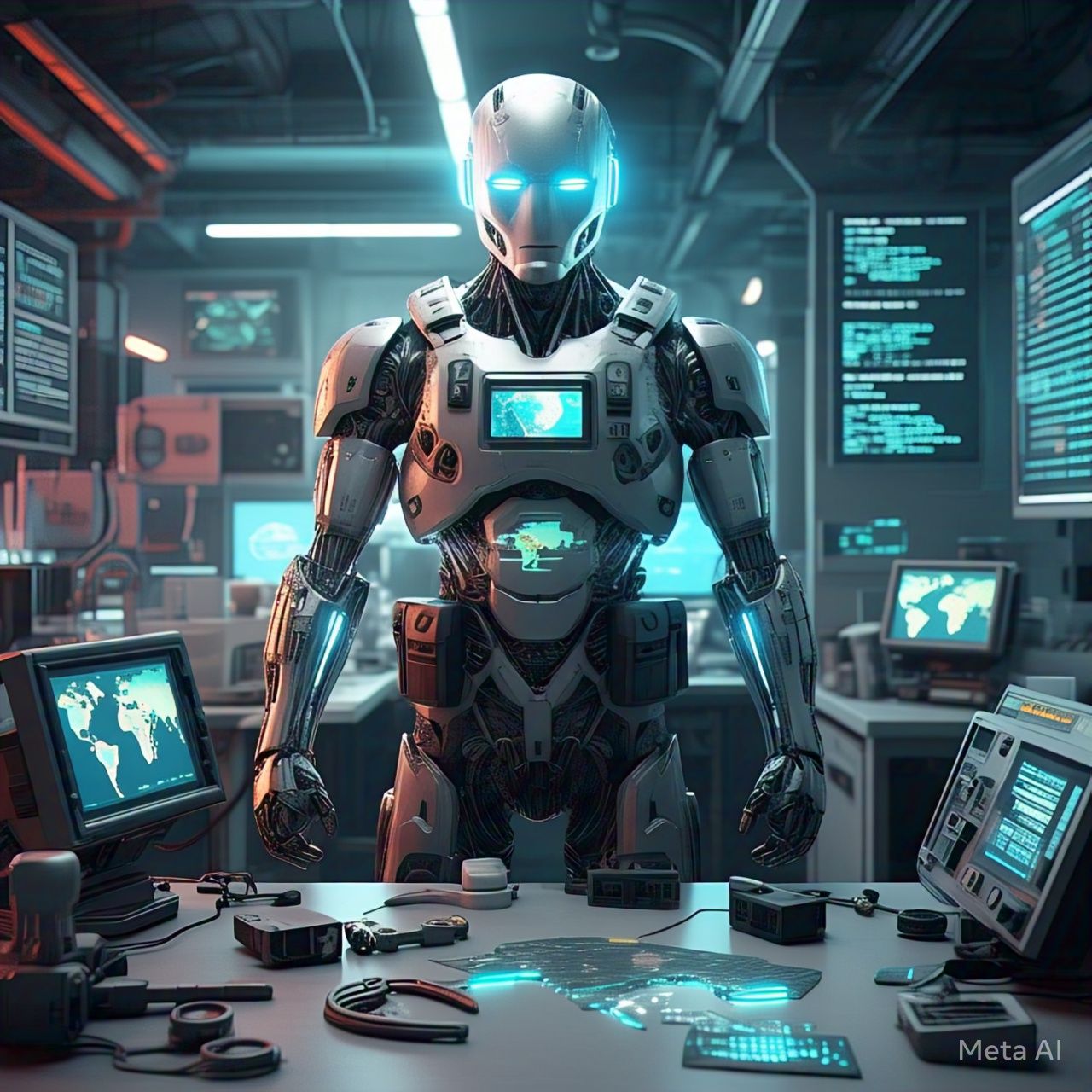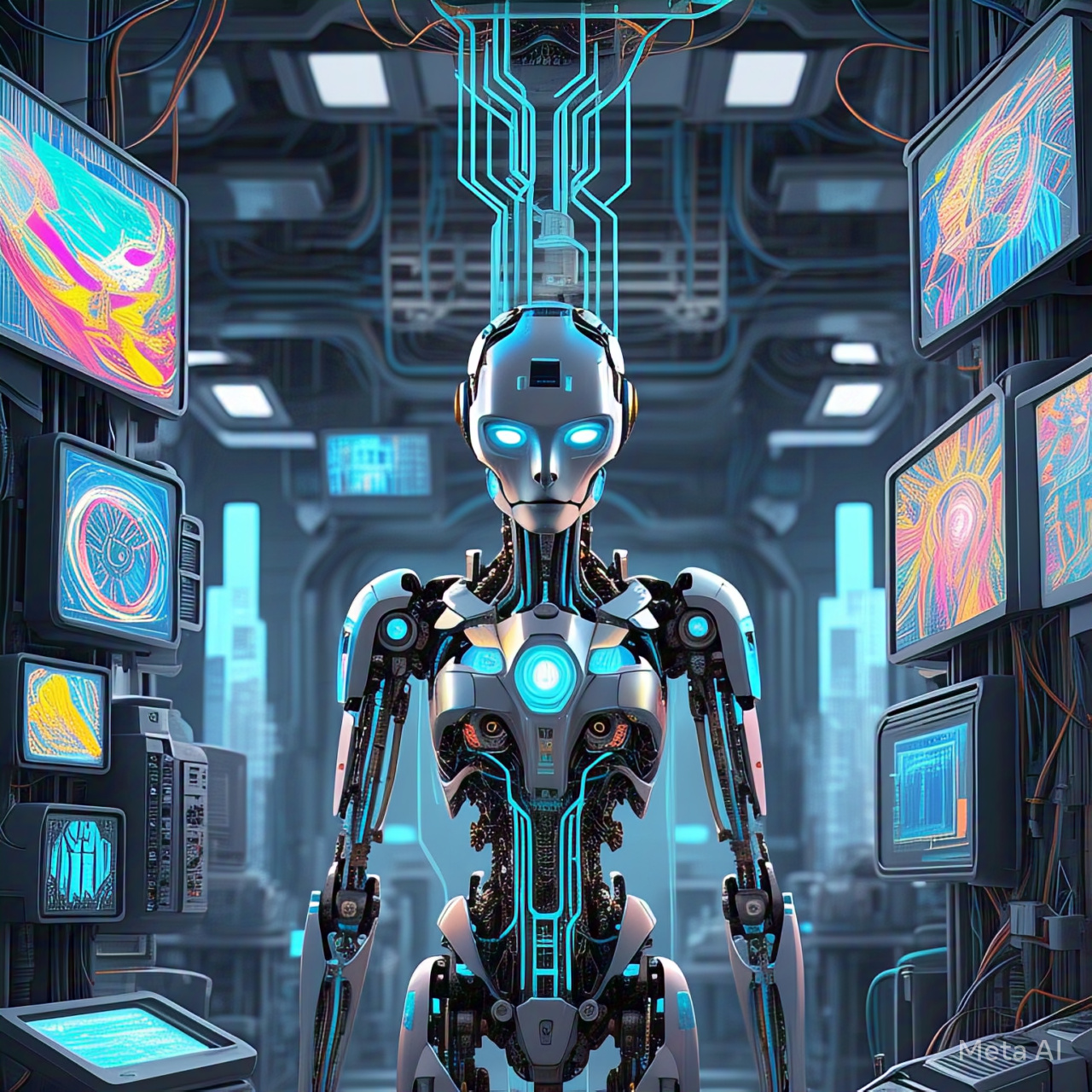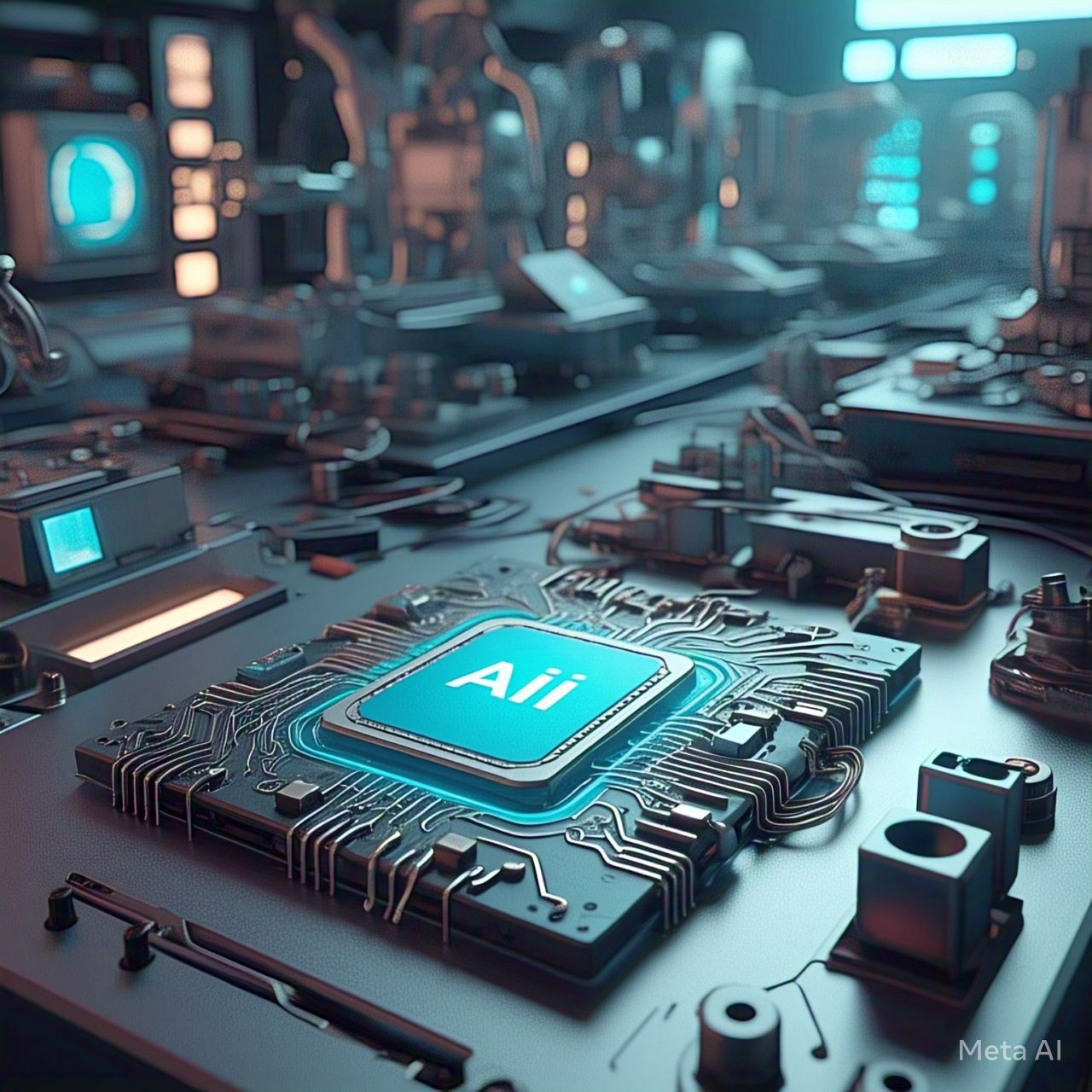Table of Contents
- Introduction
- The Evolution of AI
- AI in Healthcare
- AI in Business and Finance
- AI in Education
- AI in Entertainment and Media
- AI in Transportation
- Ethical Concerns and Challenges
- The Future of AI
- Conclusion
- FAQs
Introduction
Artificial Intelligence (AI) is revolutionizing industries, reshaping how humans interact with technology, and transforming our daily lives. From voice assistants like Alexa and Siri to self-driving cars and predictive analytics, AI is at the heart of modern innovation. This article explores AI’s impact across various sectors, its challenges, and its future potential.
The Evolution of AI
AI has evolved from basic rule-based algorithms to sophisticated deep learning and neural networks. Key milestones in AI development include:
| Year | Milestone |
|---|---|
| 1956 | AI coined as a field at Dartmouth Conference |
| 1997 | IBM’s Deep Blue defeats chess champion Garry Kasparov |
| 2011 | IBM Watson wins Jeopardy! against human champions |
| 2016 | Google’s AlphaGo beats world champion Go player |
| 2023 | ChatGPT and generative AI redefine content creation |
AI in Healthcare
AI is playing a crucial role in revolutionizing healthcare through:
- Medical Diagnostics: AI-driven tools like IBM Watson Health assist doctors in diagnosing diseases like cancer with high accuracy.
- Drug Discovery: AI accelerates drug research and development, reducing time and costs.
- Robotic Surgery: Robots like the Da Vinci Surgical System enhance precision in complex surgeries.
- Personalized Medicine: AI tailors treatments based on genetic data, improving patient outcomes.
AI in Business and Finance
AI is transforming business operations and financial markets by:
- Fraud Detection: Machine learning algorithms detect fraudulent transactions in banking.
- Chatbots and Customer Service: AI-driven chatbots handle customer inquiries efficiently.
- Algorithmic Trading: AI-powered stock trading bots analyze market trends for better investment decisions.
- Supply Chain Optimization: AI enhances logistics and demand forecasting, reducing costs.
AI in Education
AI is reshaping education through:
- Smart Tutoring Systems: AI tutors provide personalized learning experiences.
- Automated Grading: AI assists in grading essays and exams.
- Virtual Classrooms: AI-driven platforms facilitate online learning.
- Predictive Analytics: AI identifies students at risk of dropping out and suggests interventions.
AI in Entertainment and Media
AI is influencing entertainment and media by:
- Content Creation: AI-generated content, including deepfake videos and AI-written articles.
- Recommendation Algorithms: Netflix and Spotify use AI to suggest content based on user preferences.
- Video Game Development: AI-driven NPCs (non-playable characters) enhance gaming experiences.
- Deepfake Technology: AI is used for movie special effects and digital human creation.
AI in Transportation
AI is revolutionizing transportation by:
- Autonomous Vehicles: Companies like Tesla and Waymo develop self-driving cars.
- Traffic Management: AI optimizes traffic flow in smart cities.
- Drone Technology: AI-powered drones enhance delivery services.
- Public Transport Optimization: AI enhances route planning and reduces congestion.
Ethical Concerns and Challenges
Despite its benefits, AI presents challenges and ethical dilemmas:
- Bias in AI Algorithms: AI can perpetuate biases if trained on biased data.
- Job Displacement: AI automation threatens certain jobs.
- Privacy Concerns: AI-driven surveillance raises ethical questions.
- AI Safety: Ensuring AI operates safely and aligns with human values is crucial.
The Future of AI
The future of AI promises:
- General AI: AI that mimics human cognitive abilities across diverse tasks.
- AI and Human Collaboration: Enhancing human productivity rather than replacing jobs.
- Advanced Robotics: AI-powered robots in industries and daily life.
- AI in Space Exploration: NASA and other space agencies use AI for planetary exploration.
Conclusion
AI is transforming industries and daily life, offering incredible advancements and posing challenges that require ethical considerations. As AI continues to evolve, balancing innovation with responsibility will be crucial.
FAQs
1. How is AI used in daily life?
AI is used in voice assistants, recommendation systems, smart home devices, and personalized ads.
2. Can AI replace human jobs?
AI automates repetitive tasks, but it also creates new job opportunities and enhances human capabilities.
3. What are the risks of AI?
Risks include bias, job displacement, security threats, and ethical concerns.
4. How is AI improving healthcare?
AI enhances diagnostics, drug discovery, robotic surgeries, and personalized treatments.
5. What is the future of AI?
The future includes advancements in general AI, human-AI collaboration, and AI-driven innovations across industries.
References
- McKinsey & Company. “The State of AI in 2023.” [Online].
- Harvard Business Review. “AI’s Impact on Business and Society.” [Online].
- Nature. “AI in Healthcare: Current Trends and Future Outlook.” [Online].





